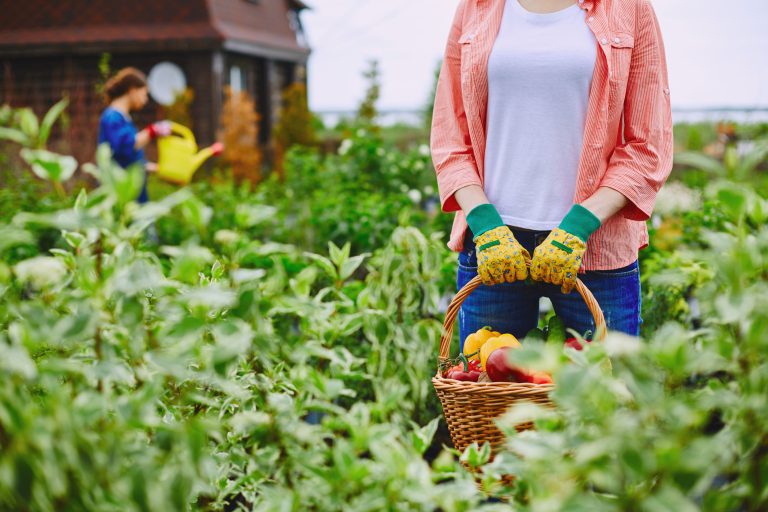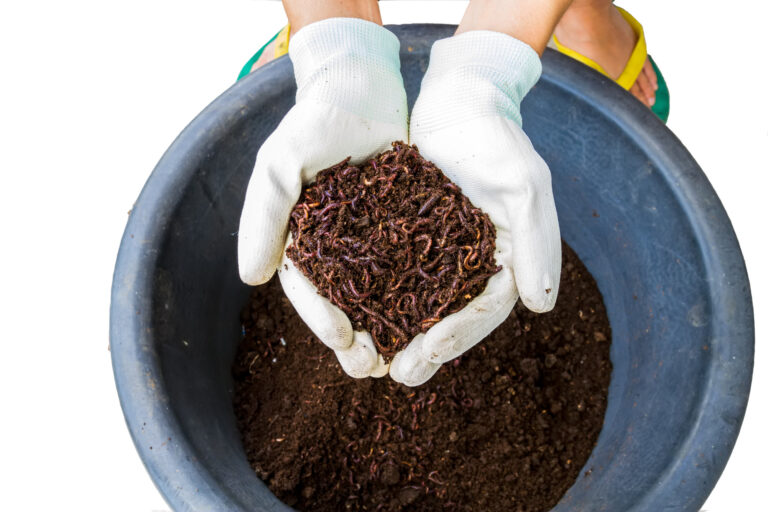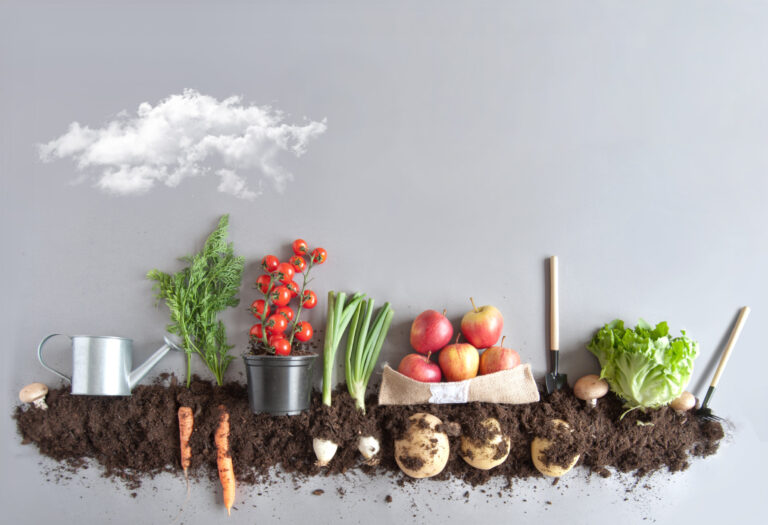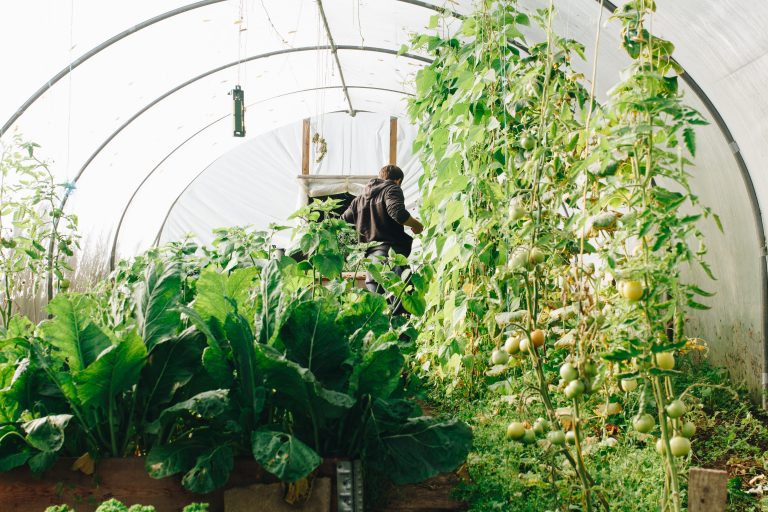Looking for the perfect way to kick off the new year? Why not turn your passion for gardening into a thriving income with your very own market garden? This trend has definitely grown in popularity, especially amongst garden enthusiasts. Imagine blending sustainability, healthy living, and financial freedom into one exciting venture— enticing, right? Here’s how…
garden income
Could I Make Money With Worm Farming?
I was chatting with a friend the other day and she asked me if I’d ever heard about worm farming. I said, “sure, like to compost in your apartment, right?” And she said, “sure, but did you know that you can actually make money with worm farms?” Huh. I did not know that. My Friend’s…
7 Financial Benefits of Backyard Gardening
You probably started gardening as a hobby. However, you might have always wondered if you could use gardening to save money. You certainly can. In fact, you can actually garden to make money if you’re savvy about it. The financial benefits of backyard gardening go beyond just saving at the grocery store, too! Here are…
Profitable Greenhouse Crops: Money in Your Pockets
You’ve been growing for a while. You’ve built a DIY greenhouse (or invested in one) and decided that you want to turn your hobby into a profitable small business. Which plants should you focus on growing to ensure steady cash flow? Here are the most profitable greenhouse crops that you should consider growing: Tomatoes Tomatoes…



